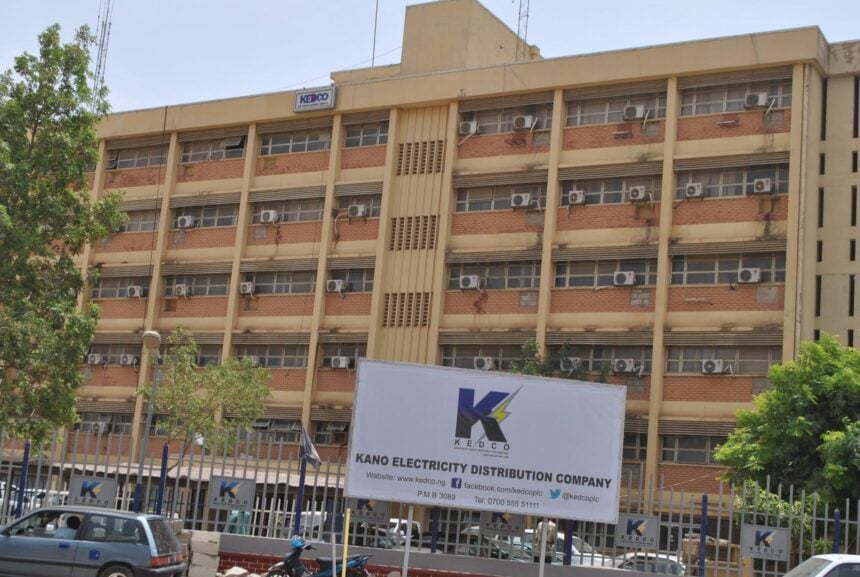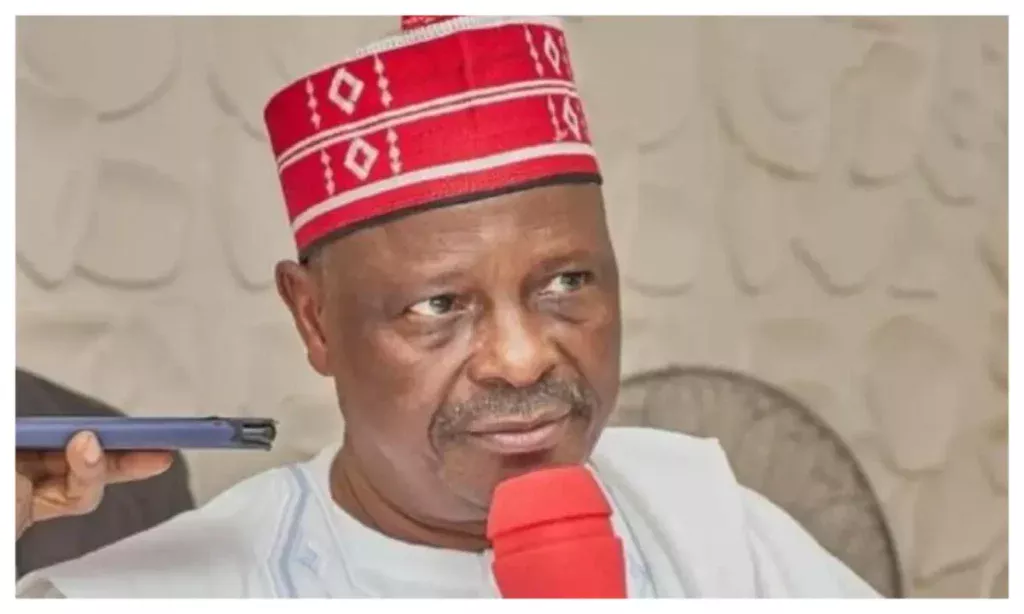A recent ruling by a Senegalese court has sparked hope for opposition leader Ousmane Sonko’s presidential ambitions, allowing him to rejoin the electoral roll despite being currently incarcerated, as reported by Al Jazeera.
The court’s decision potentially paves the way for Sonko to participate in the presidential elections slated for February 2024. This development comes amidst a backdrop of legal upheavals that have embroiled Sonko for the past two years, including allegations of rape and libel, both of which he vehemently denies.
While the 49-year-old politician was acquitted of the rape charge, he was convicted on a count of immoral behavior towards individuals under 21 years of age, resulting in a two-year prison sentence. His arrest in July on charges of rebellion led to his removal from the list of election candidates, posing a significant obstacle to his participation in the upcoming elections. Furthermore, Sonko’s party, the Patriots of Senegal (PASTEF), faced dissolution for instigating disorder in Dakar, although this decision was later overturned on December 14, as confirmed by his lawyer, Cire Cledor Ly.
Despite being incarcerated, Sonko initiated a hunger strike on July 3, 2023, seeking to shed light on what he termed as political oppression by the government. His strike led to hospitalization and subsequent intensive care treatment on August 6, prompting him to call off the hunger strike in September.
In addition to the aforementioned legal battles, Sonko was also handed a six-month suspended sentence for defamation and public insult against Minister Mame Mbaye Niang. The situation in Senegal has garnered international attention, with Amnesty International urging the local authorities to conduct an impartial investigation into the fatal incidents that occurred during violent demonstrations in Dakar on June 1 and 2, 2023, which resulted in the deaths of at least 23 individuals, including three children.
Critics argue that the judiciary’s focus seems to revolve around stifling government dissent rather than scrutinizing alleged financial misconduct within the presidential circle. President Macky Sall, who took office in 2012 and was re-elected in 2019, is constitutionally restricted to two terms. Nevertheless, his supporters contend that a constitutional amendment in 2016 effectively reset his term count, thereby enabling him to pursue re-election in 2024.
Having finished third in the 2019 presidential race and enjoying significant popularity among the youth demographic, Sonko is poised as the primary contender in the race to succeed President Macky Sall, who announced in July that he would not seek another term.
This judicial development in Senegal has thus set the stage for a potentially transformative presidential race, as the nation grapples with contentious legal proceedings and a fervent political landscape.



